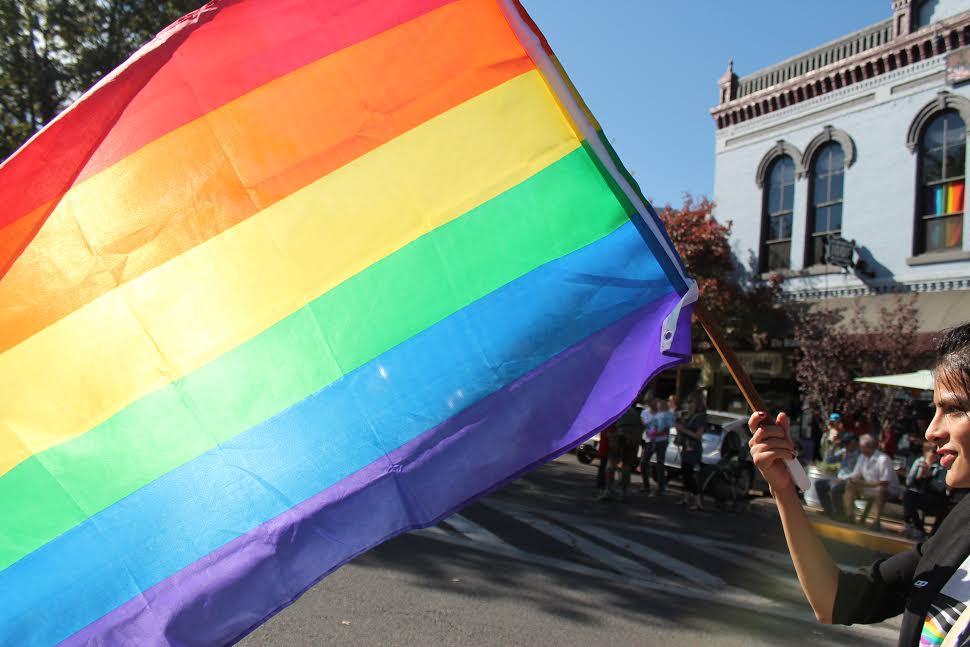As Southern Oregon University delves into Race Awareness Week, an opportunity to discover race in our communities and perceptions, groups like the Queer Resource Center (QRC) are on the job daily encouraging the acceptance and respect of others’ differences in the SOU community. One way of doing this is through a question, “How do you identify? It is a discussion of pronouns.
 While pronouns seem simple at first thought, they actually carry around a lot of meaning. They suggest what a male or female is or is not and what they should look like and how they might behave. QRC staff member Tenaya Raives says, “For me pronouns are really important because if they choose the wrong one they are assigning me a gender I don’t identify with.” Leon, another person in the QRC, chimed in, “When they use the wrong one it feels…oppressive.” By creating the norm for people to establish what pronouns they identify with the QRC is attempting to create a safer and more inclusive SOU.
While pronouns seem simple at first thought, they actually carry around a lot of meaning. They suggest what a male or female is or is not and what they should look like and how they might behave. QRC staff member Tenaya Raives says, “For me pronouns are really important because if they choose the wrong one they are assigning me a gender I don’t identify with.” Leon, another person in the QRC, chimed in, “When they use the wrong one it feels…oppressive.” By creating the norm for people to establish what pronouns they identify with the QRC is attempting to create a safer and more inclusive SOU.
When the QRC staff was asked when introducing your pronouns with your name became a part of SOU life, no one could name an inaugural date. All staff I spoke with in the Resource Center agreed it has been around for a while- QRC member Jordan Marshall says “it has been around since I first got here, so since 2007 at least.”
As time continues to pass including your pronouns when introducing yourself has grown into more of a norm at SOU. Still, it is not second nature for everyone even those who take the training, “about 50/50- some are hesitant and others, who have been to previous training, naturally introduce their pronouns,” says Raives.
SOU Sophomore Reeya Sahrestha says that by including pronouns it makes introductions, “Less threatening and less confusing if there is someone you’re not sure what they identify as. You don’t have to guess.” Another SOU sophomore, Sarah Verheri said SOU was her first experience with people introducing with their pronouns, and she thinks it is a good practice for the SOU community because it helps, “individuals feel more identified.”
This also seems to hold true with professors and other SOU staff; some have continued to leave their pronouns to guesswork, and others have taken to establishing the pronouns they identify with. Willie Long, SOU’s Outdoor Program Coordinator, has added his pronouns to his email signature. When asked about why he chose to add the pronouns Long said, “I chose to add my preferred pronouns in hopes that would provide teachable moments and normalize their use on campus.”
Edwin Battistella, writing and linguistics professor at SOU, backs Long’s idea up saying, “It’s pretty likely that language and pronouns will continue to evolve as speaker’s attitudes do.”



